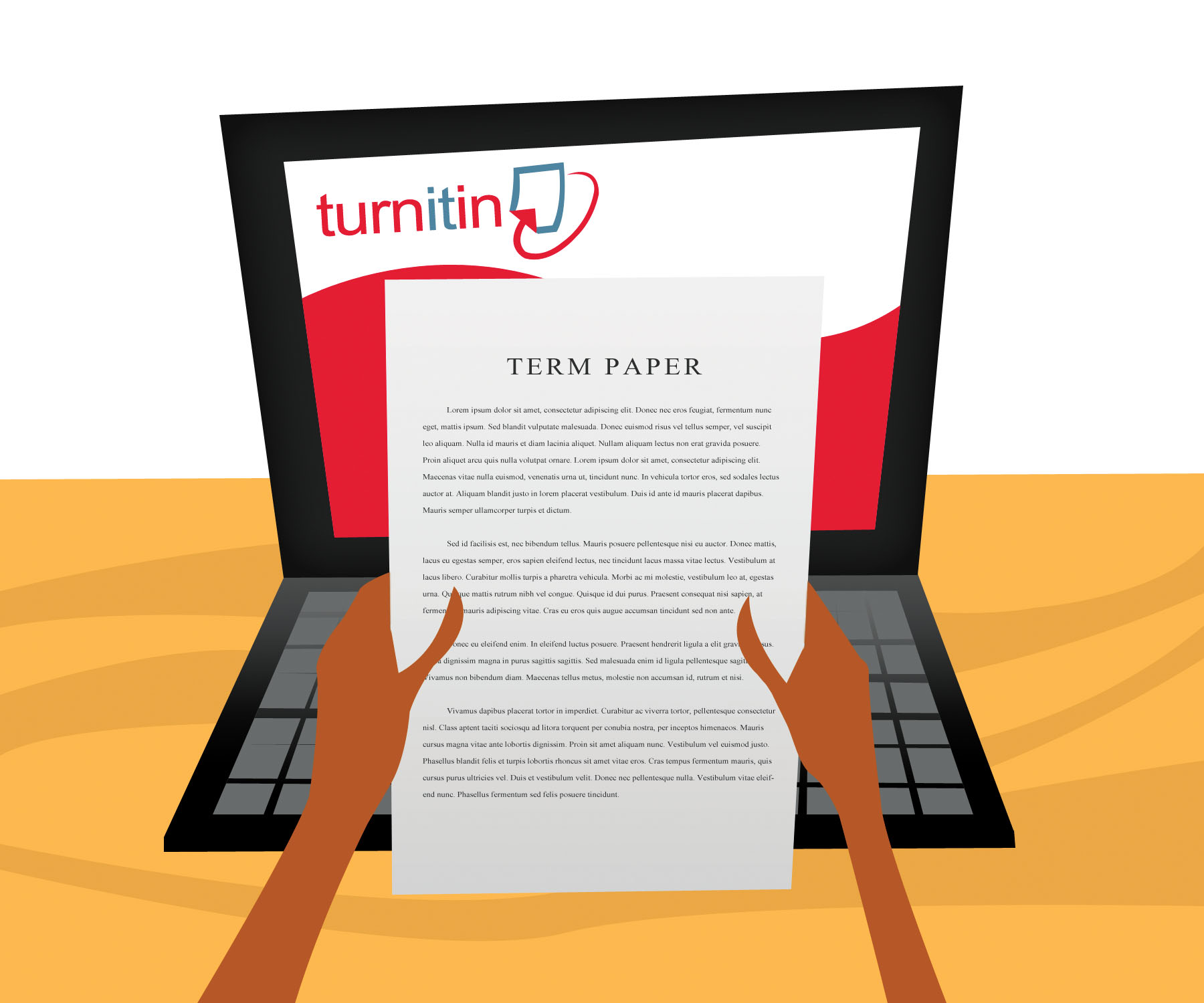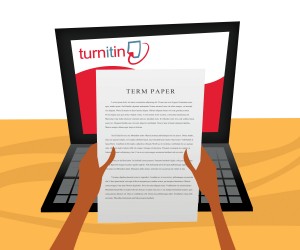Addressing plagarism at Laurier


Turnitin.com is a plagiarism detection service which many university professors and instructors require students submit their work to in an effort to check for plagiarism. But does Turnitin address the source of the problem and is there something more to plagiarism than perhaps students realize?
According to Bob Samuels, manager of the Writing Centre at Laurier, it should ideally be used as an “after-the-fact” tool rather than a solution to the problem of academic misconduct such as plagiarism.
“I think it’s really important to put Turnitin into its proper context,” Samuels explained. “It’s one piece and it’s sort of a last resort…For an educational institution like a university, I would say it’s not our first approach—it shouldn’t be our dominant approach.”
Samuels added that she doesn’t think this is Laurier’s main method of addressing plagiarism.
In fact, some professors have been utilizing Turnitin as a tool in other ways to assist with learning.
Daniel Martin, assistant professor of English at Laurier, uses Turnitin to check for the percentage of quotations in his students’ essays.
“[I use Turnitin] to check for originality of ideas,” he explained. “To see if students are developing their own ideas or if they’re hoping that if they have a lot of quotations they can build up a word count.”
Martin shared his philosophy about plagiarism: that he believes it is a problem with teaching and not with the students.
“I don’t feel I have a plagiarism problem in my classrooms,” he said. “And I don’t think it’s a coincidence. I think it’s because I’ve set a bunch of policies in place, I’ve created assignments that actually work towards eliminating plagiarism or even the potential for plagiarism.”
He explained that he designs assignments that will help students learn how to develop their own ideas and incorporate sources so that there is no reason for them to resort to plagiarism and no opportunity for them to accidently use it.
Samuels believes that instruction such as this is often missing in the university setting.
“Students are aware that [Turnitin] is a punitive approach, that there is some sort of punishment if they do something wrong,” she said. “But there’s not a lot of explanation about what exactly it is they’re doing wrong. So students get this sense of fear but they’re not quite sure why that is.”
According to Michael Ackerman, disability consultant at Accessible Learning and a contract academic staff in the English department at WLU, plagiarism is about far more than deterring cheating and doling out punishments.
“It’s not about the punitive: I’m going to give you these consequences if you break this rule,” he said. “It’s about ‘don’t sell yourself short’. Don’t give up the chance to speak in your own voice and give me your own ideas.”
“I at least try to communicate what I think the big issue is there — it’s not about a punishment model. It’s about a surrender model. Don’t give that up,” Ackerman continued.
The university’s way of dealing with academic misconduct continues to grow. Recently, the positions of academic integrity advisors- one for Brantford and one for Waterloo were created as a new way to address academic misconduct at Laurier.
“As an academic integrity advisor, I see my role as helping to educate the students as to what academic integrity is,” explained Judy Eaton, advisor for the Laurier Brantford campus.
“Because sometimes they don’t understand what it is either.”
Their role will also provide support to faculty in the same manner. However, this role will be taking shape in coming months.
According to Lea Caragata, the advisor for Waterloo campus, creating a culture of integrity at Laurier is important.
“That’s how students and faculty can work together to make sure we have a culture of integrity on campus. And I think that’s in everyone’s interest,” she said.
With this in mind, there are various resources available to students to learn about plagiarism and academic misconduct such as speaking with professors, reading the student handbook, meeting with an academic advisor, or booking an appointment at the Writing Centre.
“It’s important for all students to be aware and proactive about learning the things that they need to learn,” Samuels noted.
“Because once these academic misconduct investigations start, they’re hard to step back from…There’s a lot of opportunity to learn how to avoid that whole problem.”


